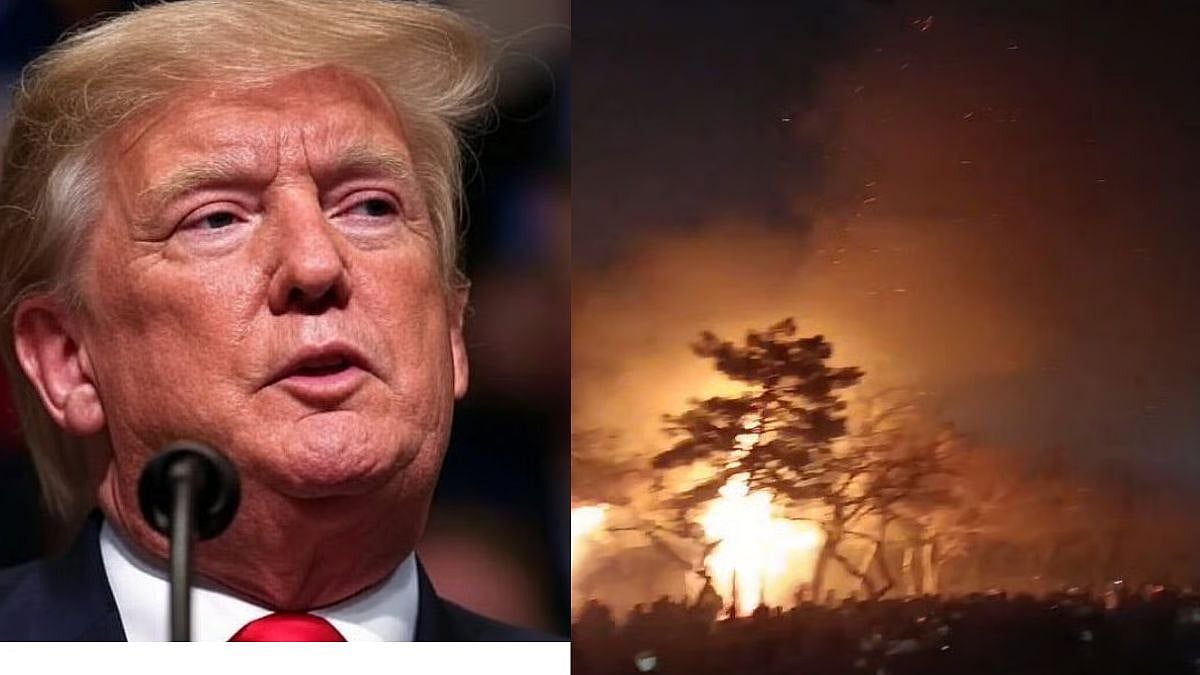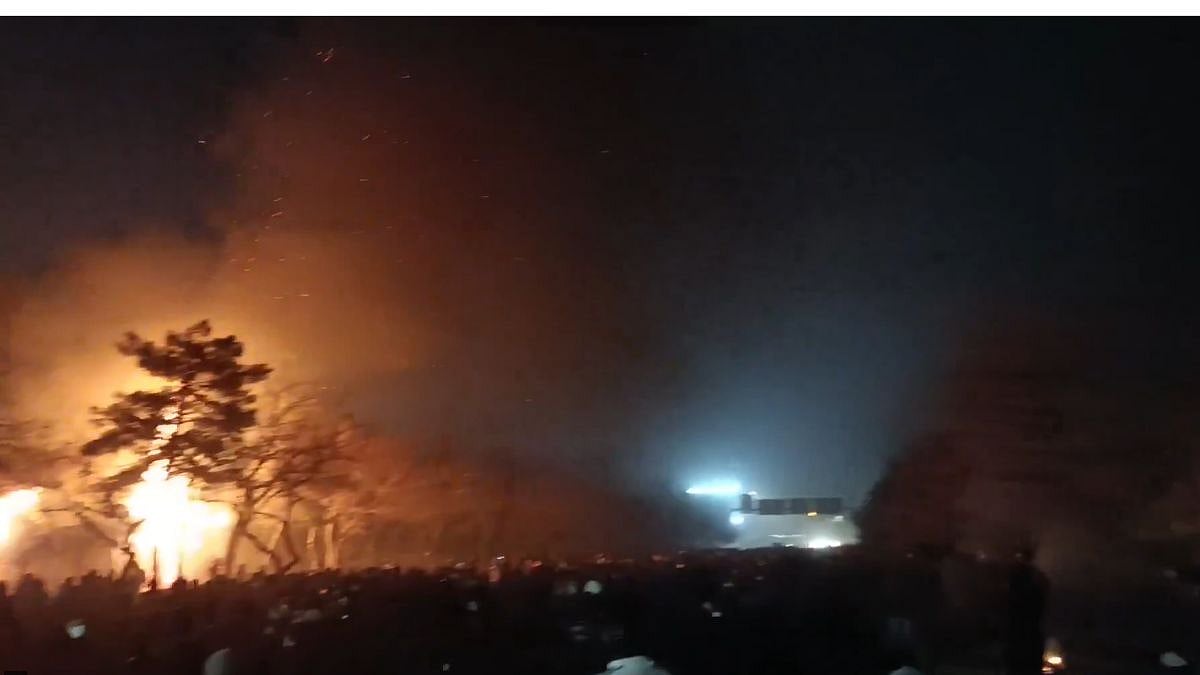A crowd of demonstrators forcefully entered the compound of the Swedish embassy in the Iraqi capital, Baghdad, in response to a Quran-burning incident that occurred during a protest in Sweden on Thursday.
The individual responsible for burning the holy book is identified as Salwan Momika, an Iraqi residing in Sweden, who set fire to a copy of the Quran near Stockholm's central mosque. The act of burning the Quran has garnered condemnation from numerous Muslim-majority countries.
In Baghdad, a powerful cleric called for an "angry" protest, leading to a gathering outside the embassy.
Social media videos show a substantial number of protesters entering the embassy's courtyard. An eyewitness from the AFP news agency reported that the crowd briefly occupied the building for approximately 15 minutes until local security forces arrived, prompting them to depart.
Watch the videos here:
Muslims worldwide consider the Quran as the sacred word of God and perceive any intentional harm or disrespect towards it as highly offensive. The Quran burning incident coincided with the first day of Eid al-Adha, a significant festival in the Muslim calendar celebrated internationally.
As per news reports, Swedish police granted Momika permission to carry out the protest in compliance with freedom of speech laws. However, authorities later stated that the incident was under investigation for possible incitement of hatred.
Outrage in Muslim-majority nations
The incident has sparked outrage in other Muslim-majority nations, including Turkey, which holds influence over Sweden's potential membership in NATO.
Countries such as Iraq, Iran, Saudi Arabia, and Egypt have strongly denounced the Quran burning. Morocco and Jordan have recalled their ambassadors from Stockholm, with Morocco summoning Sweden's charge d'affaires in Rabat. Iraq characterized the incident as a manifestation of a hateful and aggressive attitude unrelated to freedom of expression.
Iran echoed these sentiments, describing the burning as provocative and unacceptable, while Egypt labelled it as a shameful act, particularly offensive during the observance of Eid al-Adha. Saudi Arabia, currently hosting millions of Hajj pilgrims, condemned the repeated and hateful nature of such actions, deeming them unjustifiable.
Swedish Prime Minister Ulf Kristersson acknowledged that the Quran burning was legal but expressed that it was not appropriate.










